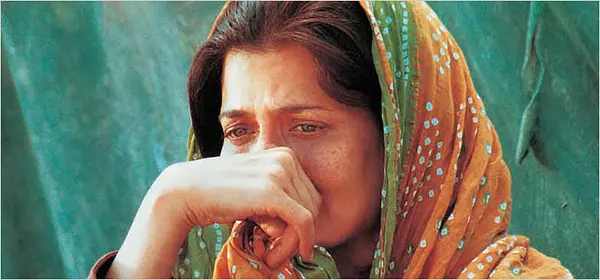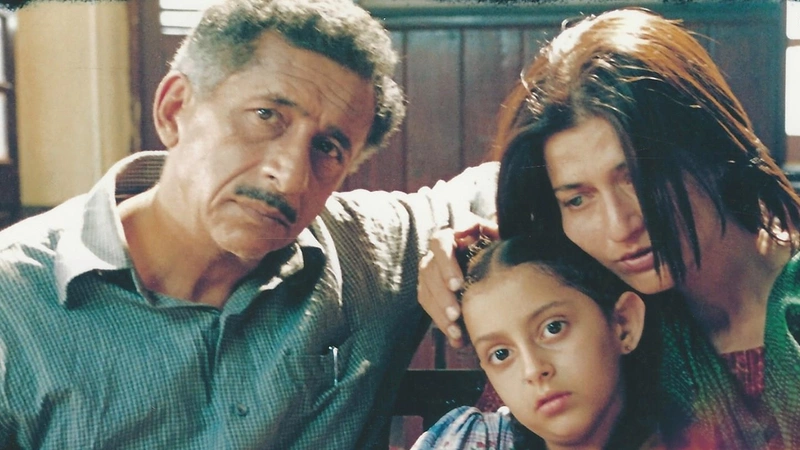Parzania is a movie that doesn’t do anything uniquely in and of itself—at least by 2024 standards—and yet, it manages to make an impact.
What do I mean by this?
Well, if you aren’t familiar with the plot, Parzania revolves around the disappearance of the titular Parzan, a Parsi boy who goes missing in the aftermath of the Gujarat riots of 2002. The film spends the first half illustrating how happy, kind, and “normal” the family is, and the second half is devoted to exploring the personal and social costs of the violence that unfolded.
But does it manage to make its point?
Parzania (2005) Review

The scene in which Shernaz gives her statement to the officials in court is one that you will not forget anytime soon. The bold dialogues, combined with the impossible choices parents have to make and cope with, will have even the most non-political people ponder over the larger consequences of social and systemic injustices.
What was also very commendable was that the film follows the grieving process for both the parents as well as Parzan’s sister, who is still a kid herself. It also doesn’t shy away from hard-hitting social and political commentary, especially with the interspersion of Allan’s (Corin Nemec) storyline.
However, this element of the story — yet another white person exploring the non-violent philosophies of Gandhi — makes the fictional components of Parzania feel… stale (if you’re watching it in 2024).

Don’t get me wrong. Allan’s narrative doesn’t take away from the overall point Parzania makes. But even though Parzania came first (it was made in 2005, but its release was delayed to 2007 due to its controversial nature), other movies like Rang De Basanti (2006) and Lage Raho Munna Bhai (2006) seem to have already solidified their legacy of comparing contemporary history to the fight for India’s freedom.
And if you’re a part of the generation that grew up watching what are now considered to be mainstream Bollywood classics, then the whole rhetoric surrounding Allan will not appeal to you.
It seems as though Allan is meant to be the “safe choice” to, perhaps, help awaken the viewer’s conscience and truly open their eyes about how the tragedy that unfolded in Gujarat impacted the common folks. Moreover, the notion of Americans coming to India for spiritual salvation doesn’t just hit the same spot in 2024 as it must have, back in 2007. It seems to add some “commercial value” at best to a film that may have benefitted without it in the first place.
Nonetheless, Parzania is still a good movie, and its empathetic yet in-depth look at how the riots impact society on both a micro and macro level is not to be overlooked.





